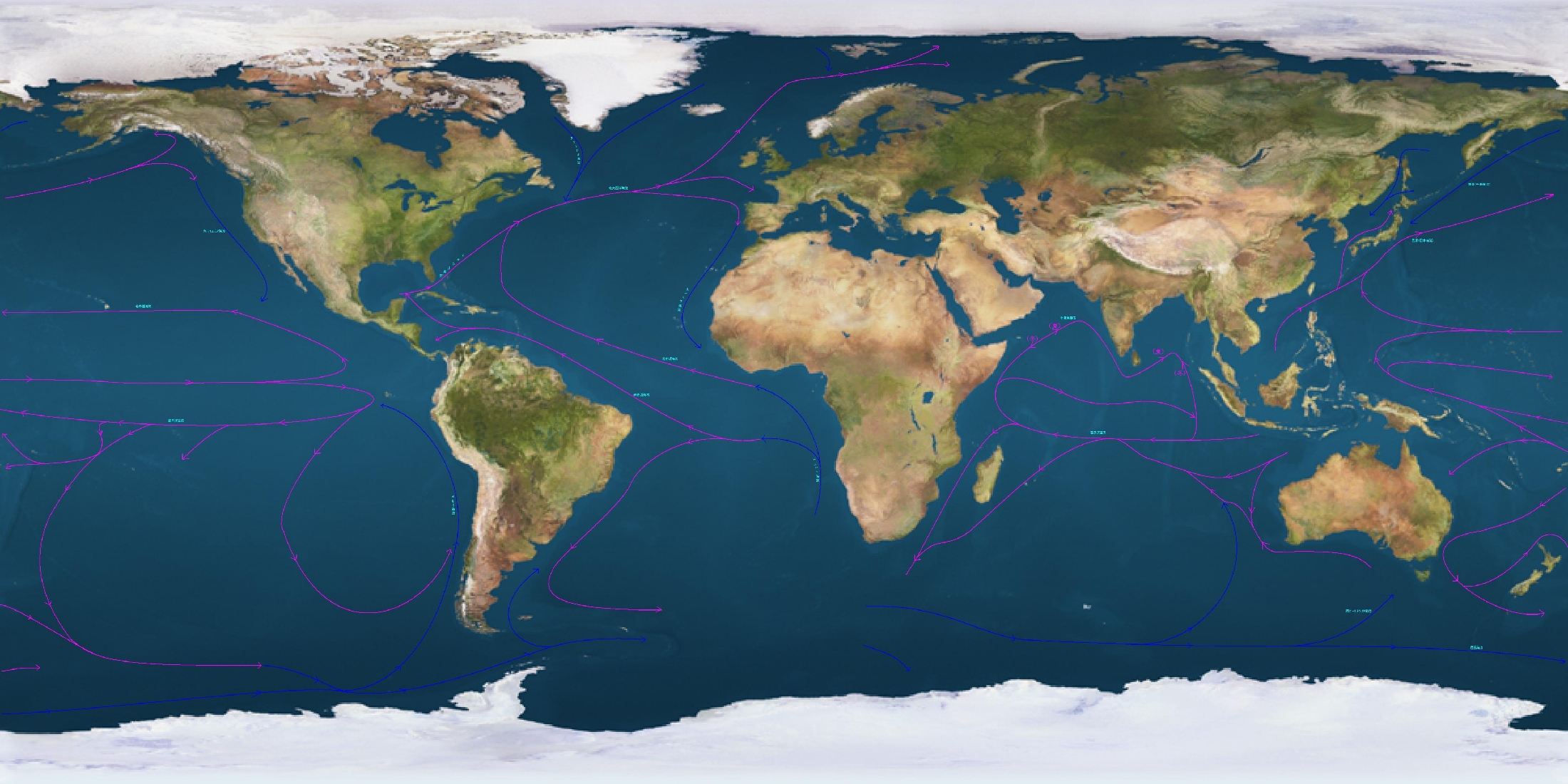By Pacific Institute Staff
Thousands of cities in the developing world are facing rising pressures on institutions and infrastructure due to population growth and urbanization. Hundreds of thousands of people globally wake up each day wondering where they will get water, how long they will wait for it, how much they will pay for it, what the quality of that water will be, and whether that water will be there tomorrow.
In this environment, with already existing pressures on water availability and use, developing country cities are now beginning to experience the added impacts of climate change. Climate change is already having impacts on temperature and the hydrologic cycle, changing when, where, how much, and how often water falls. This complicates planning for water supply and demand and increases water insecurity. For those, particularly the urban poor in developing countries who can barely meet their minimum water-related needs, climate change is likely to increase already high levels of water insecurity and disaster risk.
The Pacific Institute’s work in India developed research data on sustainable water management in the face of climate change in Indore and other cities. We worked with local residents, elected officials, water utility managers, representatives from the informal (or private) water sector, and our India-based partners ISET and TARU Leading Edge on shared learning dialogues and a household water survey and a water market survey. Through this exchange, we developed ideas to improve water issues, including policy and tool solutions to ensure that the systems and the infrastructure for the provision of basic services are managed in a more environmentally, socially, and economically sustainable manner.


